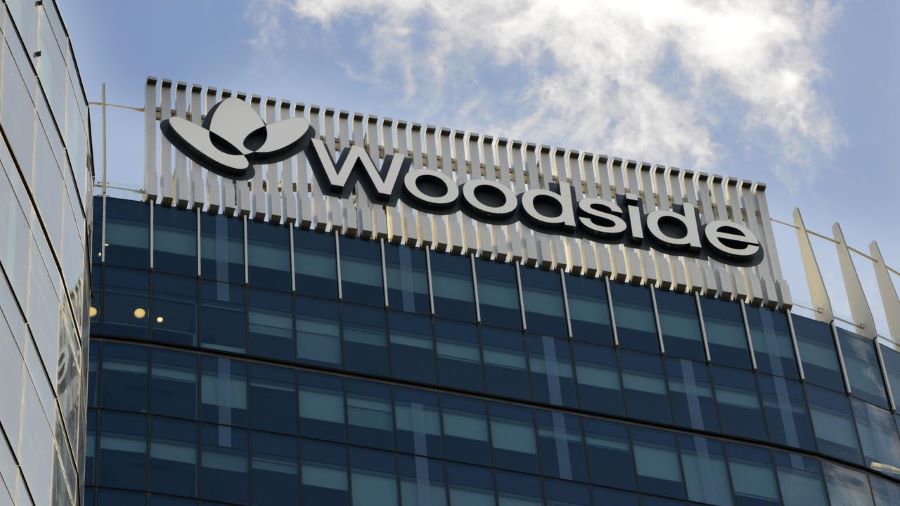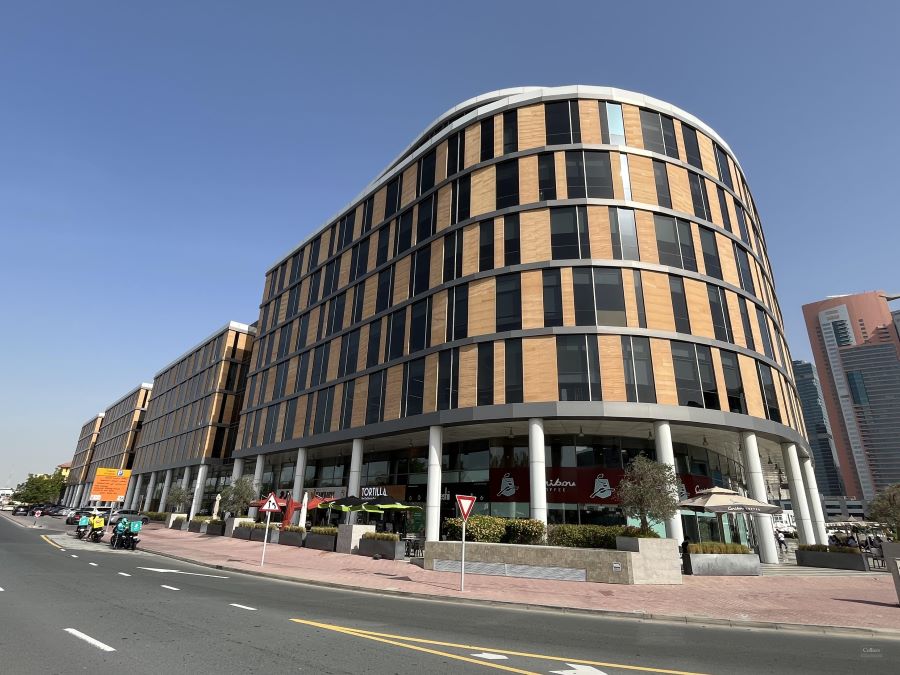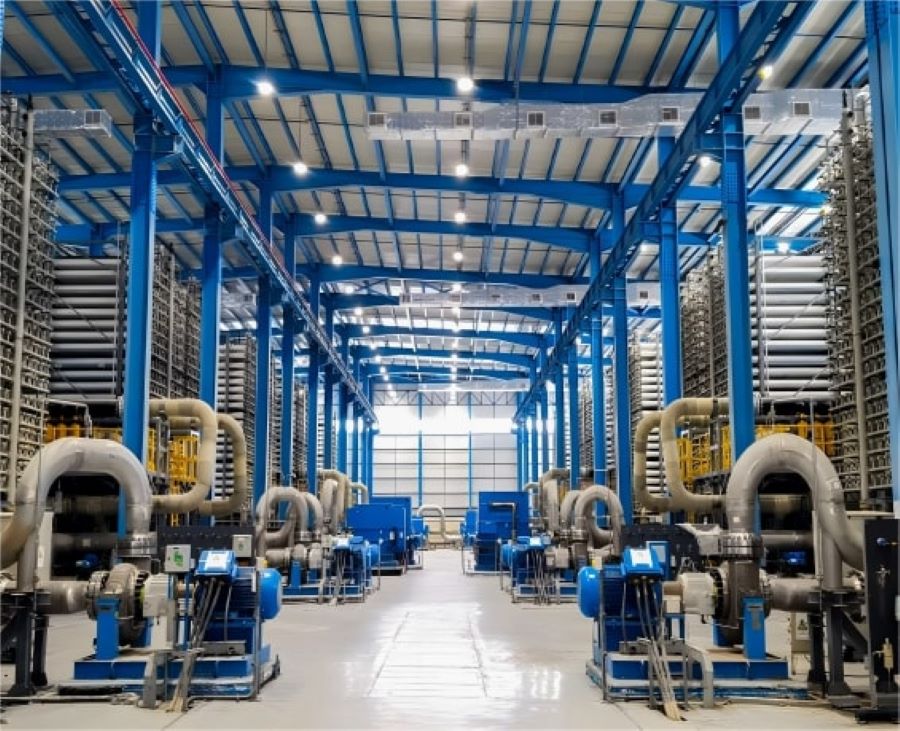
TSMC Receive $2 Billion Subsidies from Japan and China
Taiwan Semiconductor Manufacturing Company (TSMC), which is expanding its global footprint, has received around $2 billion in subsidies from the governments of Japan and China so far.
According to the Taiwan’s official Central News Agency (CNA), TSMC’s financial reports show that its subsidiaries—JASM in Japan and Nanjing in China—received these subsidies to support their plans to establish and operate manufacturing facilities in Kumamoto and Nanjing. The funds are primarily earmarked for real estate, plant, and equipment purchases, as well as to offset construction and operational costs.
TSMC reported that it received $220 million in subsidies from Japan and China in 2022, followed by $1.49 billion in 2023, and an additional $250 million in the first half of this year, totalling around $2 billion.
The CAN said that the governments worldwide have increasingly recognised semiconductors as vital strategic assets, spurring a race to subsidise the industry’s growth. With TSMC’s cutting-edge technology leading the global market, it has become a key target for investment incentives from various governments. TSMC has already established a presence in Kumamoto, Japan, and Arizona, U.S., and is expanding its capacity of 28nm process technology in China.
On August 20, TSMC broke ground on its European Semiconductor Manufacturing Company (ESMC) in Dresden, Germany, marking the start of its initial land preparation phase for a new wafer fab. This expansion extends TSMC’s global footprint from the U.S., China, and Japan to Europe.
The ground-breaking ceremony, hosted by TSMC Chairman C C Wei, was attended by German Chancellor Olaf Scholz and European Commission President Ursula von der Leyen. The European Commission also announced its approval of a $5.59 billion German subsidy package under EU state aid rules, demonstrating its support for the ESMC project.
Rapid Progress
TSMC’s Kumamoto plant is progressing rapidly, with its first wafer fab set to begin mass production of 12nm, 16nm, 22nm, and 28nm process technologies in the fourth quarter of this year. A second fab is scheduled to start production in 2027, utilizing 6nm, 7nm, 12nm, 16nm, and 40nm process technologies.
In Arizona, TSMC’s first wafer fab is on track to begin 4nm process production in the first half of 2025, with a second fab expected to commence 2nm production in 2028. The company also plans to construct a third fab that will deploy 2nm or more advanced technologies, the CAN said.
In April this year, the US Department of Commerce announced a $$6.6 billion subsidy for TSMC’s advanced fab in Arizona. However, TSMC has yet to receive these funds and does not speculate on future government subsidies.














